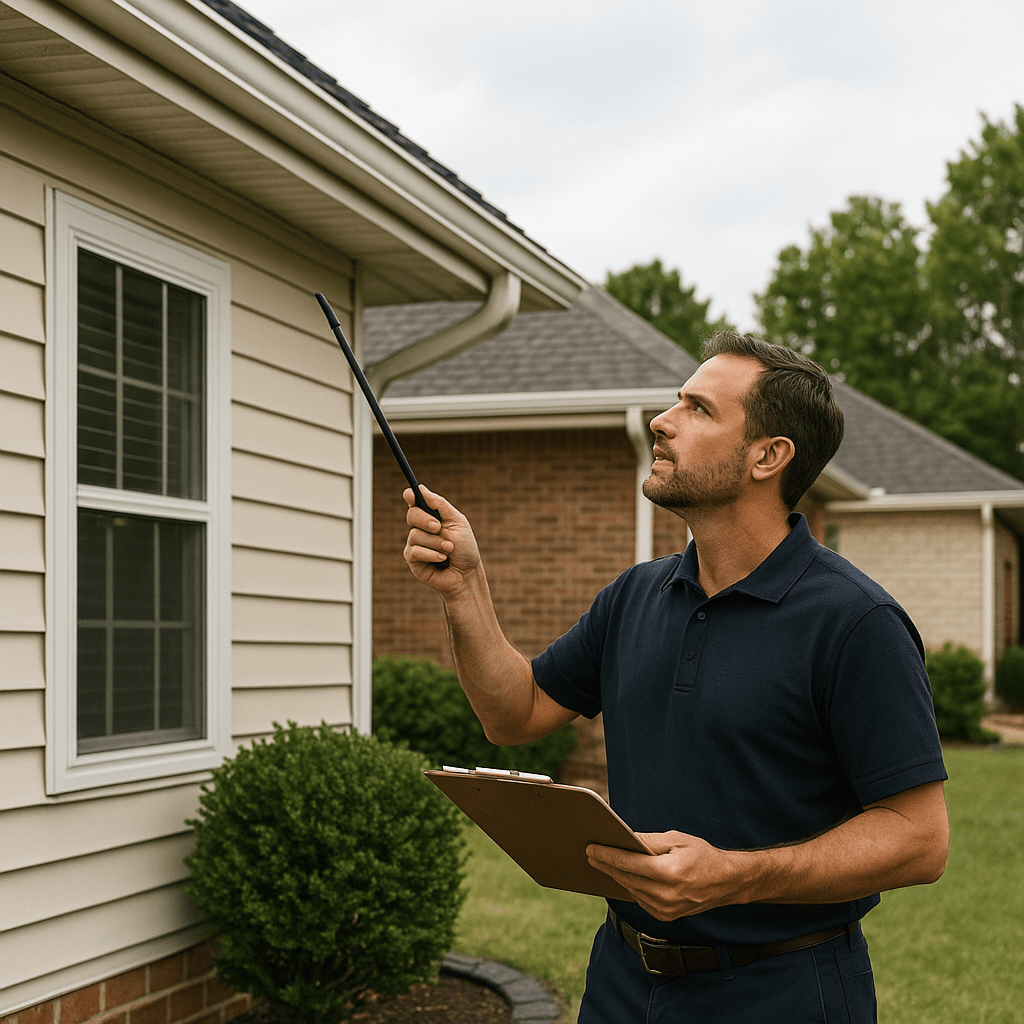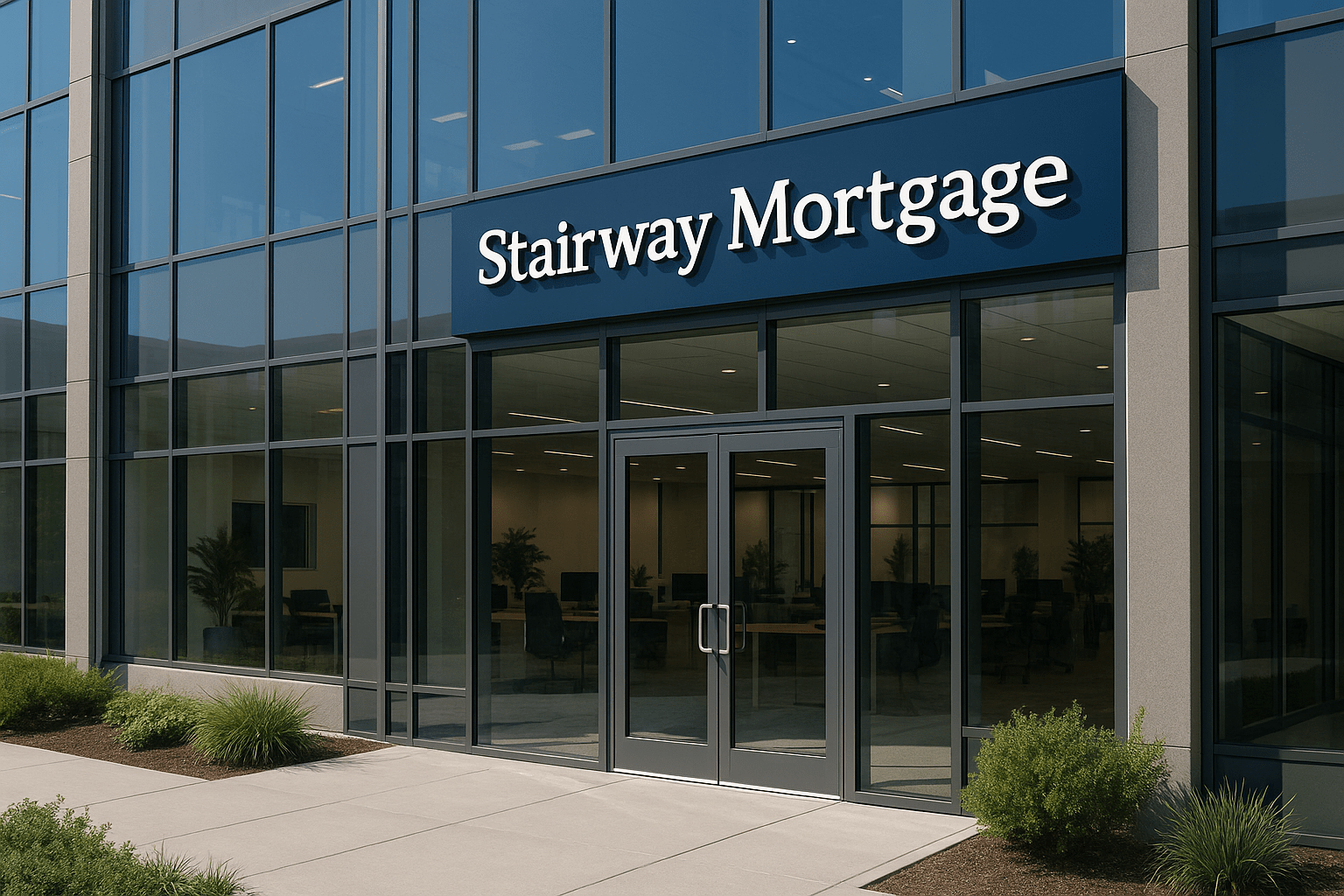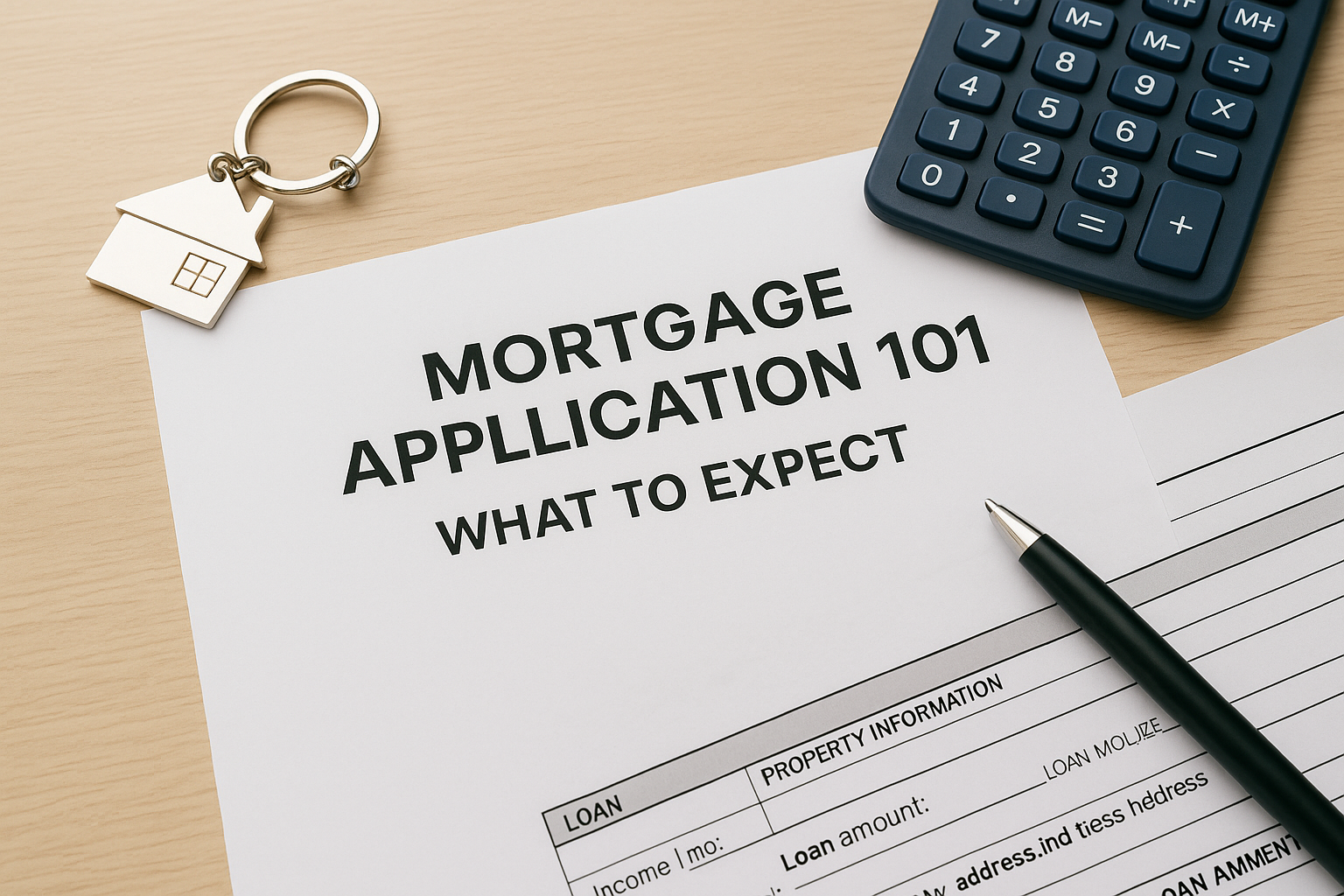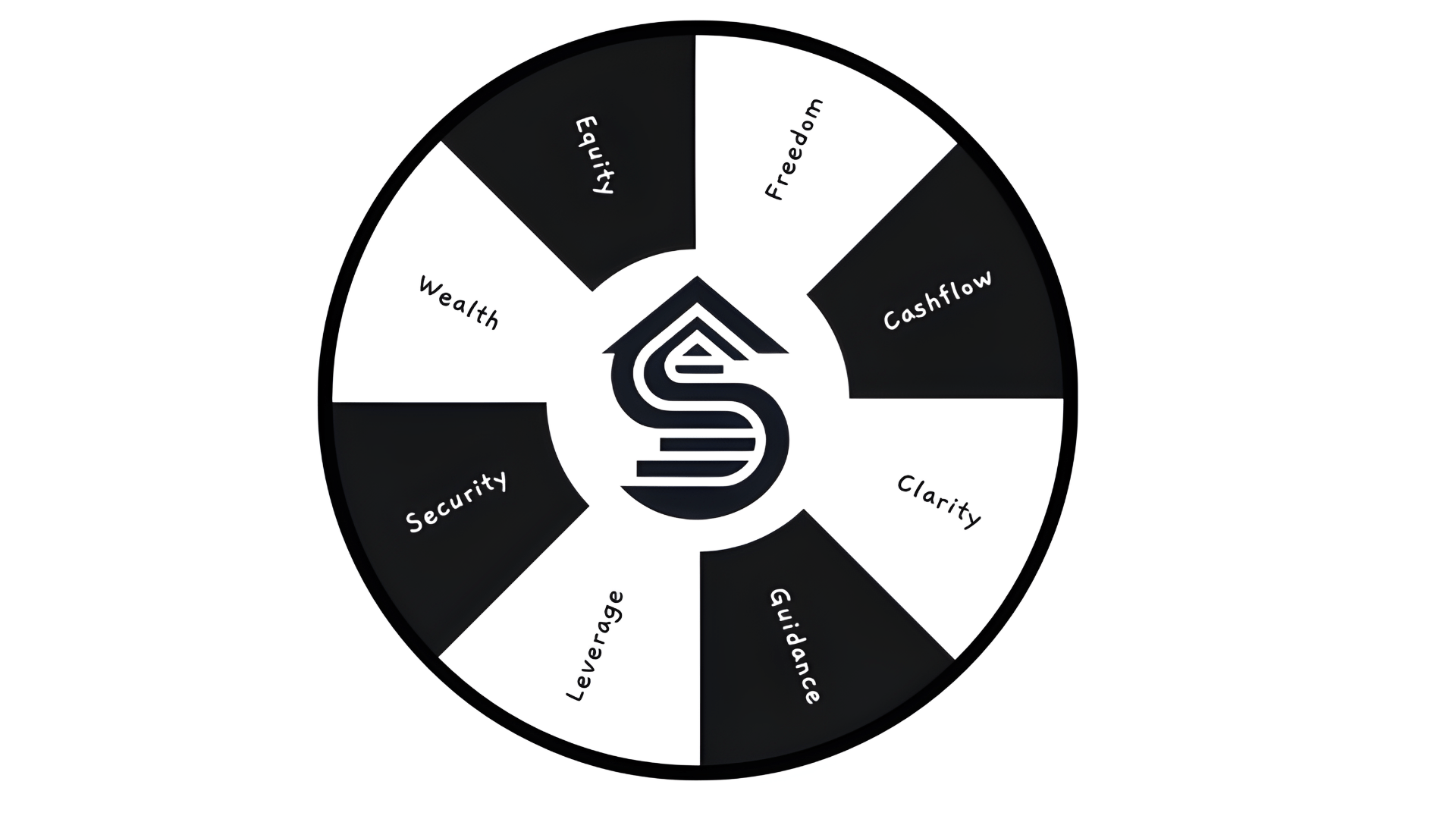Reverse Mortgage Qualification Requirements: Age, Equity, and Property Rules
Reverse Mortgage Qualification Requirements: Age, Equity, and Property Rules

Reverse Mortgage Requirements: Do I Qualify for a Reverse Mortgage?
“Am I eligible for a reverse mortgage?” This question deserves a clear, comprehensive answer—because understanding qualification requirements helps you determine whether this retirement tool aligns with your situation before investing time in the application process. While the basic age requirement (62+) is well-known, several other factors determine both eligibility and how much equity you can access. From property type restrictions to financial assessment requirements, each criterion serves a specific purpose protecting both borrowers and lenders.
In this guide, you’ll discover:
- Complete age requirements and how they affect available equity (following HUD HECM eligibility standards)
- Equity thresholds and existing mortgage considerations
- Property type eligibility and primary residence rules
- Financial assessment process examining ability to maintain obligations (per FHA underwriting guidelines)
- Mandatory counseling certification requirements
- Credit and income considerations (different from traditional mortgages) (reviewed by HUD-approved counselors)
Ready to determine your eligibility? Schedule a consultation for personalized qualification assessment.
Reverse Mortgage Age Requirements: Minimum 62 and Beyond
Why does age 62 matter so much? This isn’t arbitrary—it’s the federally mandated minimum age for HECM (Home Equity Conversion Mortgage) loans, the FHA-insured reverse mortgages that dominate the market. But age affects more than just eligibility; it’s the primary factor determining how much equity you can access.
The Age 62 Threshold
What happens at 62? Once you reach this milestone birthday, you become eligible for reverse mortgage consideration. However, just reaching 62 doesn’t automatically mean you should proceed—it simply opens the door to this option.
For couples: When two spouses are on the loan, the younger spouse’s age determines the calculation. This protects both borrowers, ensuring the loan remains viable regardless of which spouse passes away first.
Example scenario:
- Spouse A: Age 68
- Spouse B: Age 63
- Calculation uses: Age 63 (younger spouse)
This means slightly less available equity than if both spouses were 68, but it provides critical protection ensuring Spouse B can remain in the home if Spouse A passes away first.
How Age Affects Available Equity
Does being older provide advantages? Absolutely. The older you are, the more home equity you can access because actuarial tables predict shorter loan duration, meaning less time for interest to compound.
Typical access percentages by age:
- Age 62: Access typically 40-45% of home value
- Age 67: Access typically 45-50% of home value
- Age 72: Access typically 50-55% of home value
- Age 77: Access typically 55-60% of home value
- Age 82+: Access typically 60-65% of home value
Example comparison:
- Home value: $400,000
- At age 62: Approximately $180,000 available
- At age 72: Approximately $220,000 available
- At age 82: Approximately $260,000 available
The strategic timing question: Should you wait until you’re older to access more equity, or proceed earlier when you need funds? This depends on your specific financial situation, health considerations, and retirement goals.
See how age factored into this reverse mortgage case study for a retired teacher.

Reverse Mortgage Equity Requirements: How Much Do You Need?
Can you get a reverse mortgage if you still owe on your home? Yes—but you must have substantial equity, and your existing mortgage will be paid off using reverse mortgage proceeds.
Minimum Equity Thresholds
How much equity qualifies? While there’s no official minimum, practical considerations typically require:
Ideal scenario: Own your home outright (no existing mortgage). This maximizes available funds since nothing goes toward paying off existing liens.
Common scenario: Have mortgage balance but substantial equity. Typically need home equity of at least 40-50% or more.
Calculation example:
- Home value: $350,000
- Existing mortgage: $100,000
- Your equity: $250,000 (approximately 71%)
- Available after paying off mortgage: Varies by age and other factors
What happens to existing mortgages? They must be paid off at closing using reverse mortgage proceeds. This means:
- Your monthly mortgage payment disappears (major benefit)
- But the payoff amount reduces your available cash
- Remaining equity determines what’s accessible beyond the payoff
Home Value Considerations
Is there a maximum home value for qualification? Yes—FHA sets lending limits (currently over $1 million for 2025). However, for homes exceeding this limit:
- Maximum loan amount caps at the FHA limit
- High-value homes may want to explore proprietary (non-FHA) reverse mortgages offering higher limits
- Your accessible equity percentage still depends on age
Minimum home value: While no official floor exists, extremely low-value homes may not generate enough proceeds to justify closing costs, making reverse mortgages impractical.
Use the reverse mortgage calculator to estimate your available equity based on age and home value.
Reverse Mortgage Property Requirements: What Homes Qualify?
Does every type of home qualify? No—specific property types and conditions must be met to satisfy FHA requirements.
Eligible Property Types
What properties qualify for HECM loans?
Single-family homes: The most common and straightforward—detached houses qualify without complication.
FHA-approved condominiums: Your condo must appear on FHA’s approved condo list. Many condos qualify, but HOA finances and insurance must meet FHA standards. Your lender can verify approval status.
Townhomes: Generally qualify if they meet FHA standards and you own the unit (not just shares in a cooperative).
Manufactured homes: Must meet HUD standards, be built after specific date, on permanent foundation, and classified as real property (not personal property).
Two-to-four unit properties: Qualify if you occupy one unit as your primary residence. This means you could have a duplex, triplex, or fourplex with reverse mortgage—as long as you live in one unit.
Property Condition Requirements
Does your home need to be perfect? Not perfect, but it must meet FHA minimum property standards ensuring safety and habitability.
Required condition elements:
- Structurally sound (no major foundation, roof, or structural issues)
- Safe electrical, plumbing, and HVAC systems
- No health or safety hazards (lead paint properly addressed, no mold)
- Adequate heating and cooling
- Safe access and egress
If repairs needed: FHA may require completion before closing or establishment of “repair set-aside” from loan proceeds ensuring fixes are made.
Common issues requiring attention:
- Roof leaks or damage
- Failing HVAC systems
- Electrical safety concerns
- Plumbing problems
- Peeling lead-based paint (in pre-1978 homes)
The appraisal process identifies any required repairs—address these before expecting approval.

Who Qualifies for Reverse Mortgage: Primary Residence Rule
Can you get a reverse mortgage on a vacation home or rental property? No—one of the strictest requirements is that the property must be your primary residence.
Primary Residence Definition
What constitutes primary residence? You must:
- Live in the home the majority of the year (typically at least 6+ months)
- Use it as your mailing address
- Consider it your main home (not a vacation or investment property)
- Occupy it within 60 days of closing
Documentation proving occupancy:
- Utility bills in your name
- Voter registration
- Driver’s license address
- Tax returns showing the address
- Homeowners insurance policy
Temporary Absences Allowed
What if you travel or need extended care? Temporary absences don’t violate the primary residence requirement:
Permitted absences:
- Vacations and travel
- Visiting family for extended periods
- Temporary hospital stays or rehabilitation (under 12 consecutive months)
- Seasonal residence patterns (if still considered primary)
What triggers loan due? Permanent departure from the home for more than 12 consecutive months makes the loan due and payable. This protects against homes becoming rentals while borrowers live elsewhere.
Reverse Mortgage Financial Assessment: Credit and Income Considerations
Do you need good credit and steady income? Unlike traditional mortgages, reverse mortgages don’t require specific credit scores or debt-to-income ratios—but lenders do conduct financial assessment ensuring you can maintain property obligations.
What Financial Assessment Examines
What do lenders review? The financial assessment analyzes:
Credit history: Not necessarily score, but payment patterns showing:
- History paying property taxes and insurance on time
- Overall credit management responsibility
- Any recent major delinquencies or defaults
Income and assets: Documenting your financial resources:
- Social Security income
- Pension or retirement account distributions
- Investment income
- Other regular income sources
- Liquid assets and savings
Property charge payment history: Demonstrating responsible homeownership:
- Timely property tax payments (past two years)
- Consistent insurance maintenance
- No recent tax liens or insurance lapses
Residual Income Requirements
What’s residual income? After paying property taxes, insurance, HOA fees, and basic living expenses, you must have sufficient income remaining for day-to-day life.
Why this matters: Lenders want confidence you won’t default on property charge obligations due to insufficient resources. The assessment ensures reverse mortgages help rather than harm your financial situation.
LESA (Life Expectancy Set Aside)
What if assessment raises concerns? If lenders doubt your ability to pay ongoing property charges, they may require LESA—setting aside portion of loan proceeds in escrow to pay future taxes and insurance.
How LESA works:
- Reduces your available cash at closing
- Funds reserved specifically for property charges
- Provides protection ensuring obligations are met
- Mandatory if financial assessment shows risk
This protects both you (from foreclosure due to unpaid taxes) and the lender (from assuming properties with tax liens).
Learn from this reverse mortgage refinance case study showing successful qualification after financial assessment.

Reverse Mortgage Counseling Certificate: Mandatory Education Requirement
Why is counseling required before applying? HUD mandates independent, third-party counseling ensuring borrowers fully understand reverse mortgages before proceeding—protecting against predatory lending and uninformed decisions.
The Counseling Requirement
What makes counseling mandatory? Federal law requires every HECM applicant to complete counseling session with HUD-approved counselor before lenders can process applications.
The counseling certificate:
- Issued by HUD-approved counseling agency
- Valid for 180 days
- Required before loan application proceeds
- Cannot be waived under any circumstances
What Counseling Covers
What happens during the session? Comprehensive education typically lasting 60-90 minutes:
Reverse mortgage mechanics: How HECM loans work, including:
- Interest accrual and loan balance growth
- When the loan becomes due
- Non-recourse protection for you and heirs
- Payment structure options
Costs and fees: Complete fee breakdown:
- Origination charges
- FHA insurance premiums
- Third-party closing costs
- Ongoing servicing fees
Alternative options: Exploring other possibilities:
- HELOC comparison
- Cash-out refinancing
- Downsizing considerations
- Family assistance alternatives
Rights and responsibilities: Your ongoing obligations:
- Maintaining property taxes and insurance
- Home upkeep requirements
- Primary residence occupancy rules
- Heir options at loan maturity
Impact on benefits: How reverse mortgages affect:
- Social Security (typically no impact)
- Medicare (typically no impact)
- Medicaid and SSI (potential impact—important to understand)
Finding HUD-Approved Counselors
Where do you get counseling? Visit the HUD counselor directory to find approved agencies.
Counseling format options:
- In-person meetings
- Telephone counseling
- Video conference sessions
Cost: Typically ranges from free to modest fee (around $125), though some agencies offer sliding scales based on ability to pay.
Why this matters: The counseling requirement ensures you make informed, pressure-free decisions. Counselors are independent—they don’t work for lenders and have no financial interest in whether you proceed.
Reverse Mortgage Qualifications Summary: Complete Checklist
Do you meet all requirements? Use this comprehensive checklist to assess your eligibility:
Age and Borrower Requirements
☐ At least age 62 (or spouse at least 62 if both on loan) ☐ U.S. citizen or legal permanent resident ☐ Completed HUD-approved counseling session
Property Requirements
☐ Home is your primary residence ☐ Property type is eligible (single-family, approved condo, 2-4 units with owner occupancy) ☐ Home meets FHA minimum property standards ☐ No federal debt liens against the property
Financial Requirements
☐ Sufficient equity (typically 40%+ of home value) ☐ Ability to pay property taxes and homeowners insurance ☐ Passing financial assessment or LESA if required ☐ Current on all property tax and insurance payments
Documentation Needed
☐ Government-issued photo ID ☐ Social Security card or proof of Social Security number ☐ Recent mortgage statements (if existing loan) ☐ Proof of homeowners insurance ☐ Property tax payment history ☐ Income documentation (Social Security, pension, bank statements) ☐ HOA documents (if applicable)
If you checked all boxes: You likely qualify for reverse mortgage consideration and should proceed to formal application and appraisal.
If you’re missing requirements: Work with your lender to address gaps or explore alternative equity access options like HELOC or cash-out refinancing.

How Stairway Mortgage Helps Seniors Navigate Qualification
Understanding requirements is one thing—successfully navigating the qualification process is another. At Stairway Mortgage, we guide senior homeowners through each step with clarity and support.
Pre-Qualification Assessment
Before formal application, we help you:
- Review eligibility across all requirement categories
- Estimate available equity based on age and home value
- Identify any potential qualification obstacles early
- Recommend solutions for addressing gaps
- Connect you with HUD-approved counselors
Documentation Assistance
We simplify the paperwork process:
- Providing clear lists of required documents
- Explaining what each document demonstrates
- Helping organize financial records efficiently
- Working with you to address any documentation challenges
- Coordinating with appraisers and title companies
Financial Assessment Preparation
We help you present the strongest financial picture:
- Reviewing income and asset documentation
- Explaining how lenders evaluate financial stability
- Identifying potential LESA triggers and mitigation strategies
- Ensuring property charge payment history documentation
- Presenting your financial situation in the most favorable light
Property Condition Guidance
If repairs are needed:
- Connecting you with qualified contractors
- Explaining repair set-aside options
- Coordinating with FHA appraisers
- Ensuring cost-effective resolution of required fixes
Ready to start your qualification assessment? Schedule a consultation or get pre-qualified to begin the process.
Ready to Determine Your Reverse Mortgage Eligibility?
Understanding qualification requirements empowers informed decisions about whether reverse mortgages align with your retirement strategy. You now know:
- Complete age requirements and equity impact
- Property eligibility criteria and condition standards
- Primary residence rules and occupancy requirements
- Financial assessment process and what lenders examine
- Mandatory counseling requirements and purpose
- Complete qualification checklist for self-assessment
Your next steps:
- Self-assess using the checklist – Determine if you meet basic requirements
- Complete HUD counseling – Required first step providing independent education
- Gather documentation – Organize required financial and property records
- Schedule pre-qualification – Contact Stairway for personalized assessment
- Compare alternatives – Consider HELOC or other options if needed
- Proceed with confidence – Armed with complete knowledge of requirements
Qualification is just the beginning. Once eligible, the real strategic questions emerge: How much should you access? Which payment structure serves your goals? When is the optimal timing? These decisions deserve the same careful consideration as qualification itself.
Frequently Asked Questions
Can I qualify for a reverse mortgage with bad credit?
Reverse mortgages don’t have minimum credit score requirements like traditional mortgages, so “bad credit” doesn’t automatically disqualify you. However, lenders conduct financial assessment examining your credit history to evaluate whether you can maintain property tax and insurance obligations. They focus more on payment patterns than scores—specifically reviewing your history of paying property charges on time. Recent major delinquencies or foreclosures may raise concerns, potentially requiring Life Expectancy Set Aside (LESA) from your loan proceeds. Even with credit challenges, many seniors qualify successfully, especially if they can demonstrate stable income and responsible property charge history.
Do I need income to qualify for a reverse mortgage?
No employment income is required for reverse mortgage qualification—which is why they’re popular with retirees. However, lenders do require proof of sufficient income or assets to maintain ongoing obligations (property taxes, insurance, HOA fees, home maintenance). This can come from Social Security, pensions, retirement account distributions, investment income, or liquid assets. The financial assessment ensures you have adequate resources to meet property charge obligations throughout the loan. If concerns arise about your ability to pay these costs, lenders may establish LESA (set-aside from loan proceeds) ensuring taxes and insurance are paid, though this reduces your available cash.
What happens if my spouse is under 62?
If one spouse is under 62, you have two options. Option 1: Wait until the younger spouse turns 62 and both apply as co-borrowers—this maximizes available equity using the younger age. Option 2: Proceed with only the 62+ spouse as borrower, designating the younger spouse as “non-borrowing spouse” with protections allowing them to remain in the home if the borrowing spouse passes away first. However, this reduces available equity (calculated using only the older spouse’s age) and the non-borrowing spouse cannot access additional funds after the borrower’s death. Most couples prefer waiting until both qualify as co-borrowers unless financial needs are urgent.
Can I get a reverse mortgage on a condo?
Yes, but the condo must be FHA-approved—not all condos qualify. FHA maintains an approved condo list requiring that HOAs meet financial stability, insurance, and management standards. Your lender can check whether your condo appears on the FHA-approved list. If not currently approved, your HOA can apply for FHA approval, though this process takes time. Co-op apartments (where you own shares rather than the actual unit) typically do not qualify for HECM reverse mortgages. If your condo isn’t FHA-approved, you might explore proprietary (non-FHA) reverse mortgages, though these typically require higher home values and offer different terms.
How long does the qualification process take?
From initial inquiry to closing typically takes 45-60 days, though timeline varies based on several factors. HUD counseling: Schedule and complete within 1-2 weeks, valid for 180 days. Application and documentation: 1-2 weeks gathering required documents. Financial assessment: 1-2 weeks for lender review. Appraisal: 1-3 weeks from order to completion, longer if repairs are required. Underwriting and approval: 2-3 weeks for complete review. Closing preparation: 1-2 weeks finalizing documents. You can accelerate the process by completing counseling early, organizing documentation in advance, and responding quickly to lender requests. Delays typically occur from incomplete documentation, required property repairs, or title issues—proactive preparation minimizes these obstacles.
Also Helpful for Senior Homeowners
- How Reverse Mortgages Work – Complete HECM mechanics explained
- HELOC Alternative – Traditional equity line requiring payments
- Reverse Mortgage Calculator – Estimate available equity
What’s Next in Your Journey?
- Payment Options – Choosing between lump sum, line of credit, or monthly income
- Using Equity Strategically – Debt elimination, aging in place, and retirement enhancement
- Alternative Comparisons – HELOC versus reverse mortgage versus downsizing
Explore Your Complete Options
- All Loan Programs – Find retirement financing solutions
- Success Stories – See how seniors qualified and used reverse mortgages
- HUD Counselor Directory – Find required counseling
- Get Pre-Qualified – Start your eligibility assessment
- Schedule Consultation – Discuss your qualification questions
Need a Pre-Approval Letter—Fast?
Buying a home soon? Complete our short form and we’ll connect you with the best loan options for your target property and financial situation—fast.
- Only 2 minutes to complete
- Quick turnaround on pre-approval
- No credit score impact
Got a Few Questions First?
Let’s talk it through. Book a call and one of our friendly advisors will be in touch to guide you personally.
Schedule a CallNot Sure About Your Next Step?
Skip the guesswork. Take our quick Discovery Quiz to uncover your top financial priorities, so we can guide you toward the wealth-building strategies that fit your life.
- Takes just 5 minutes
- Tailored results based on your answers
- No credit check required
Related Posts
Subscribe to our newsletter
Get new posts and insights in your inbox.








